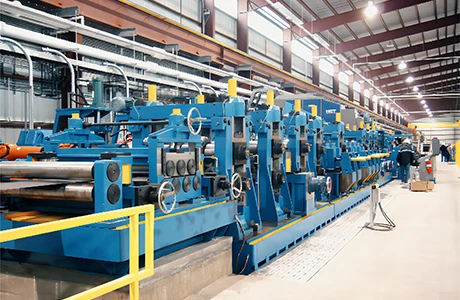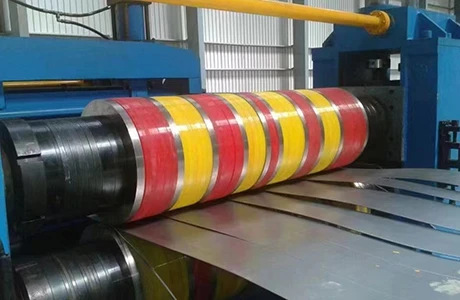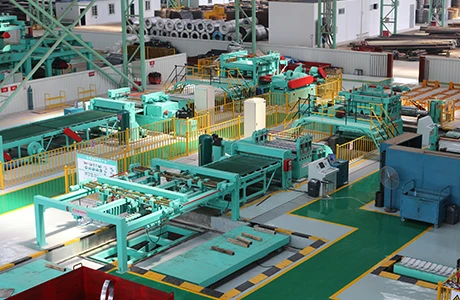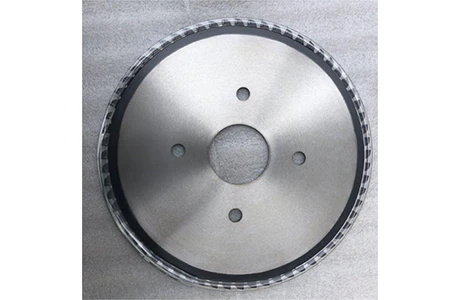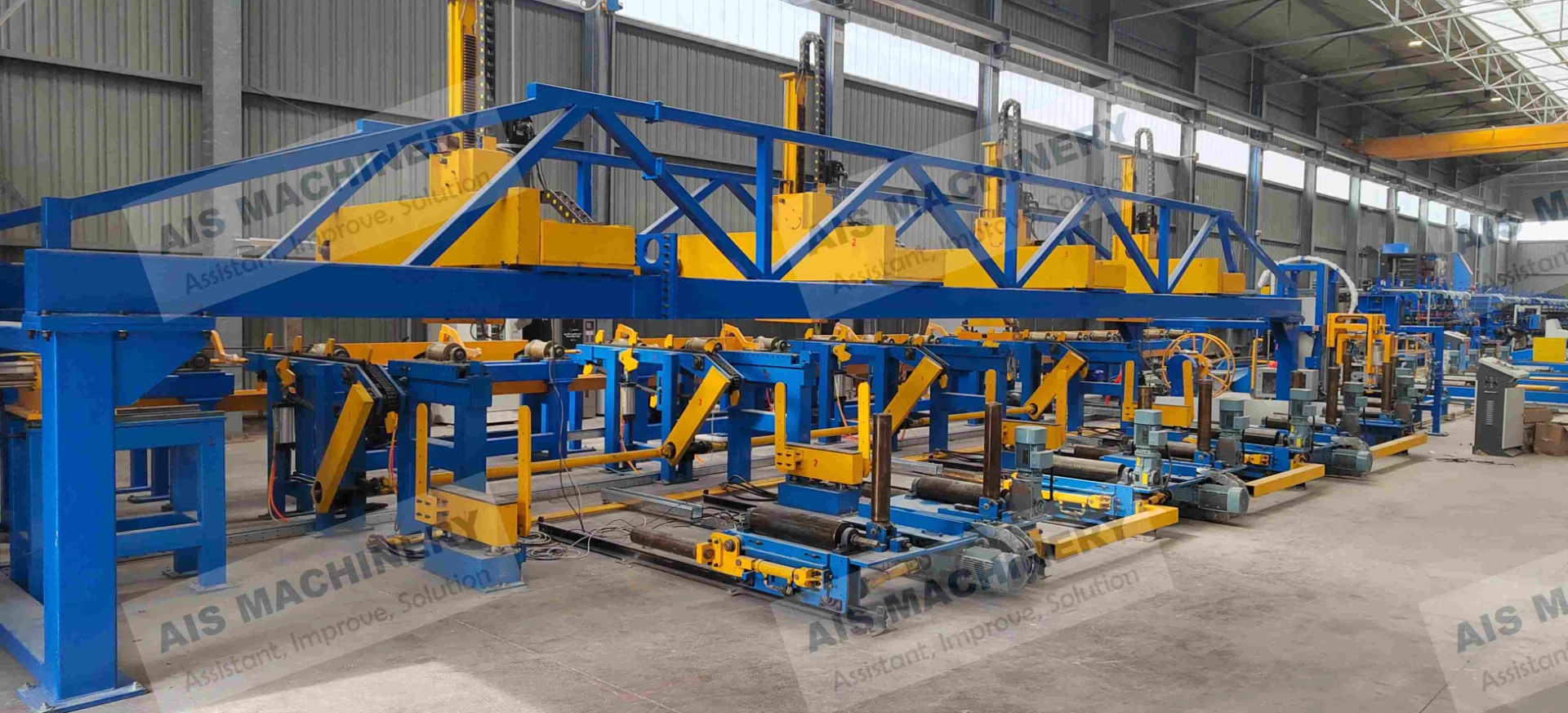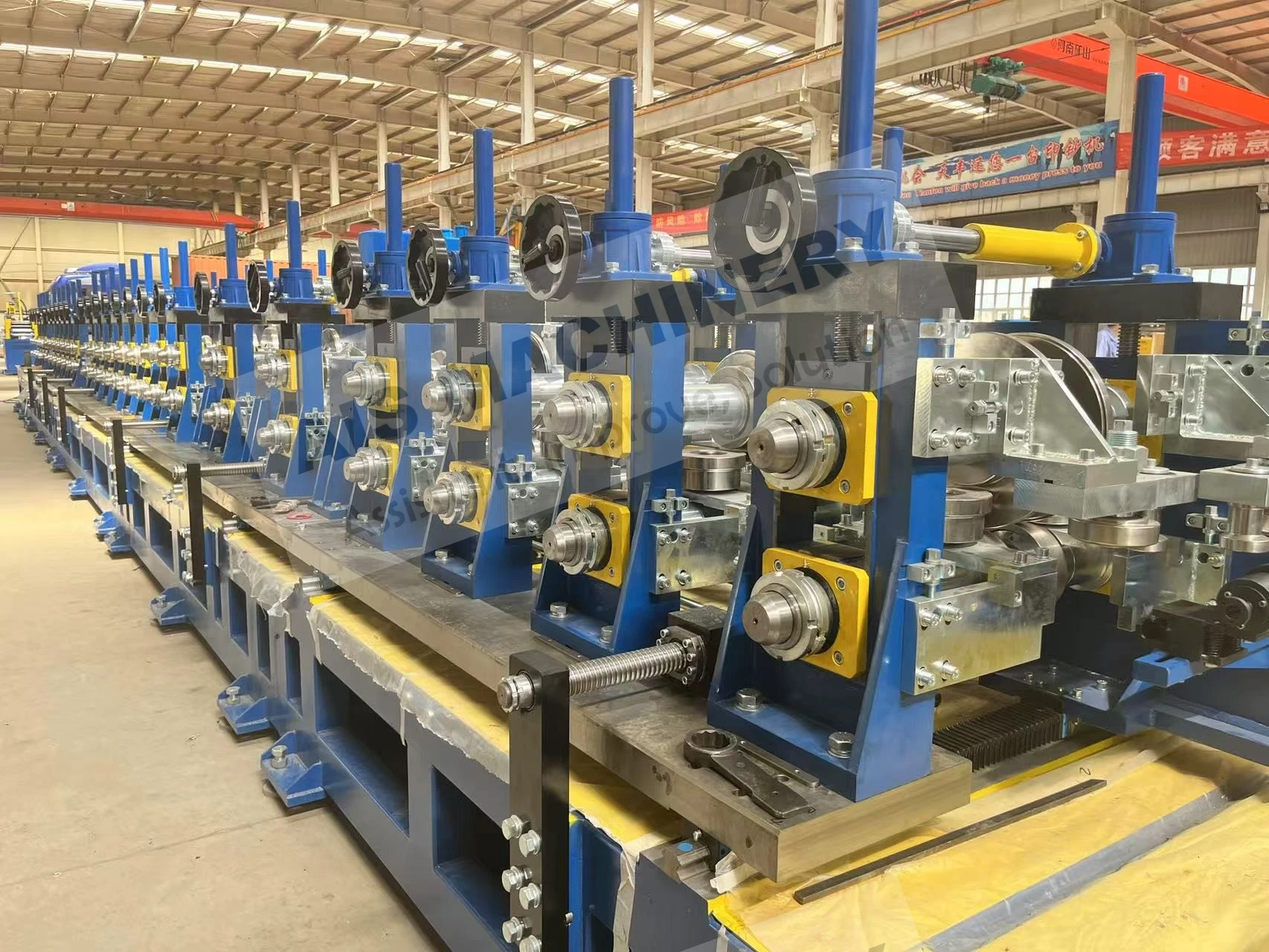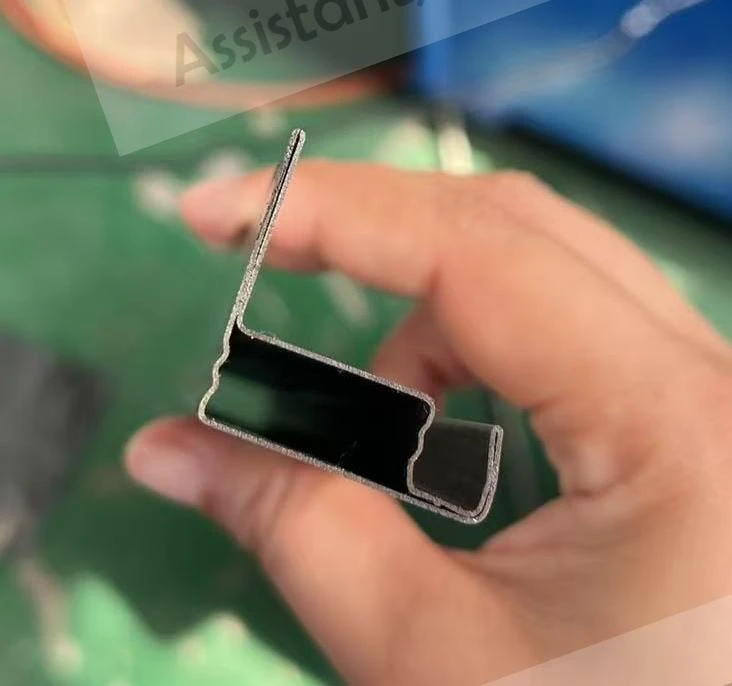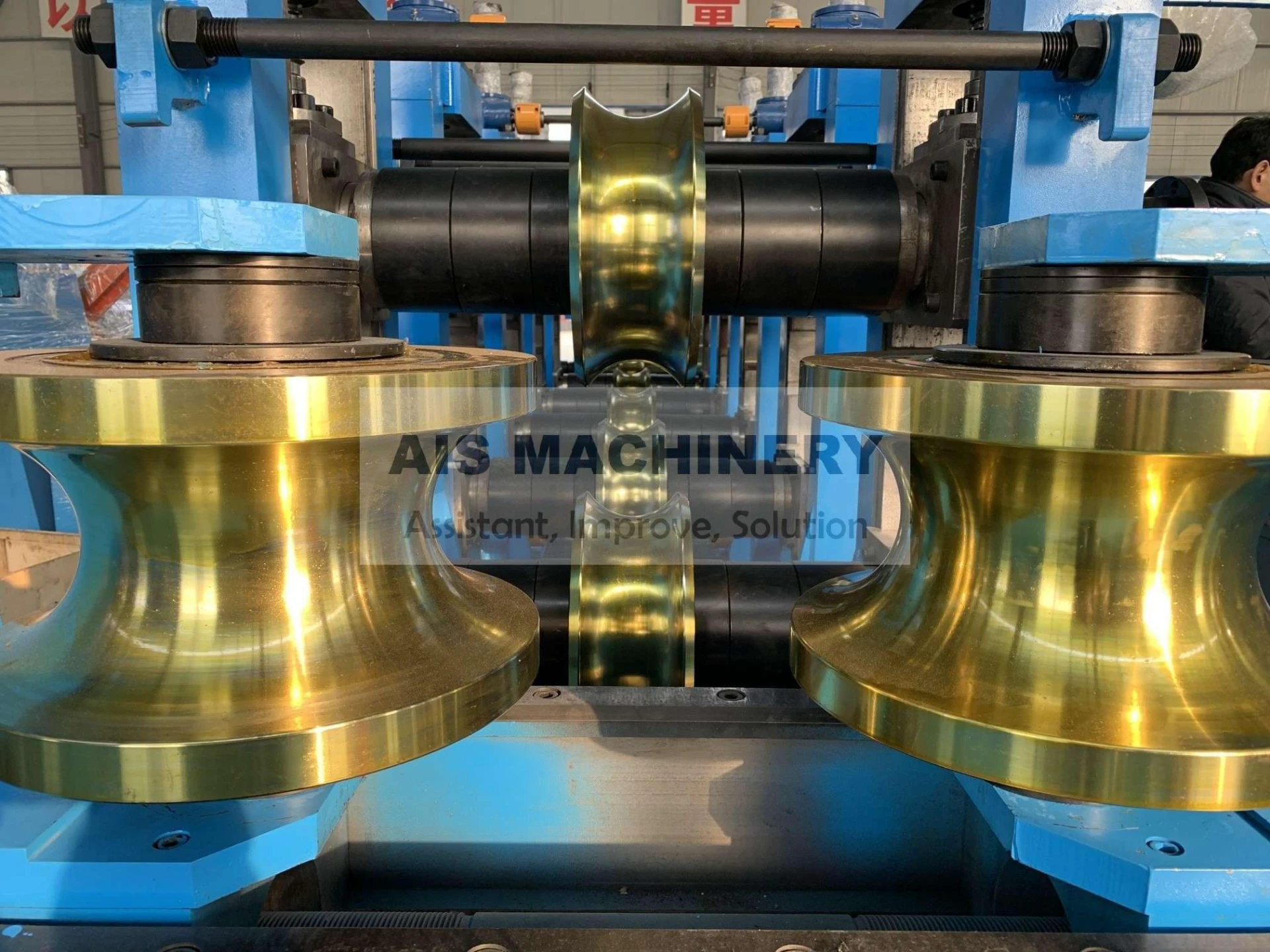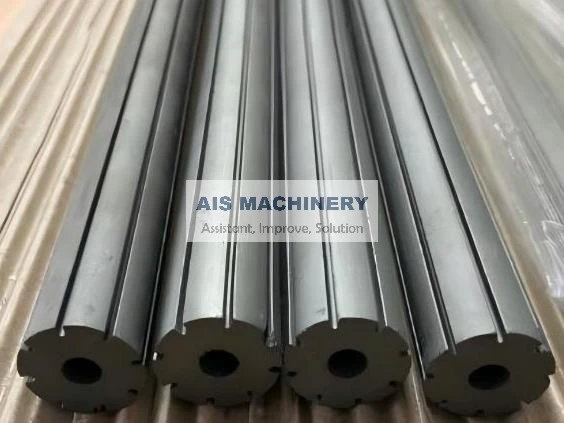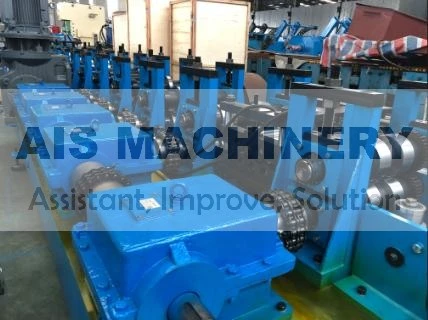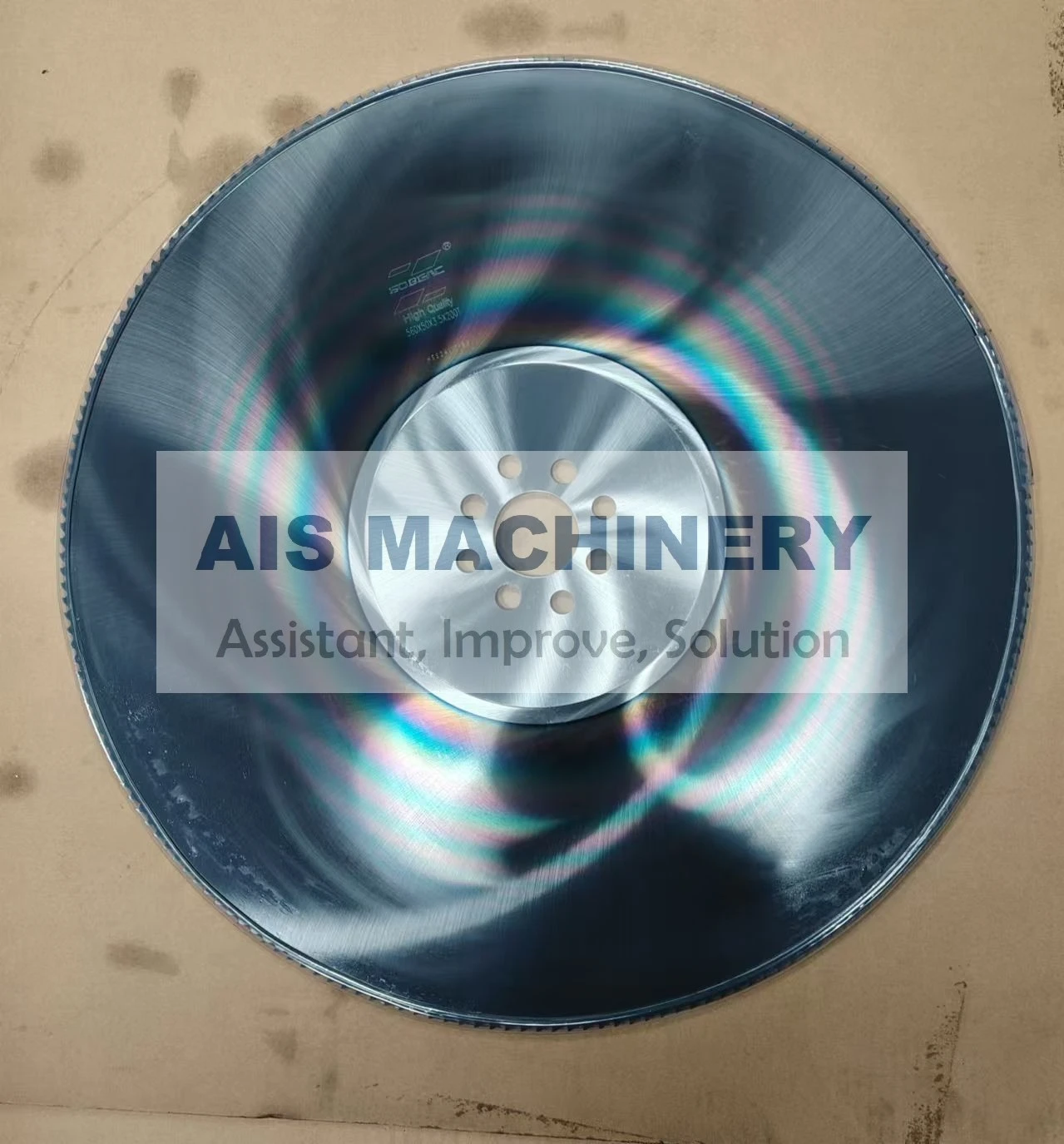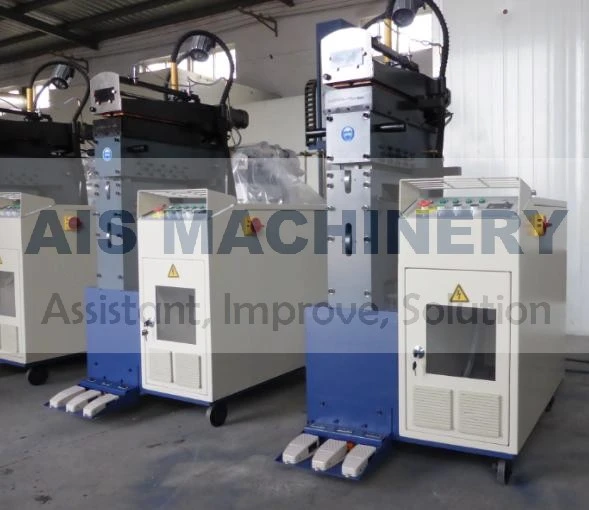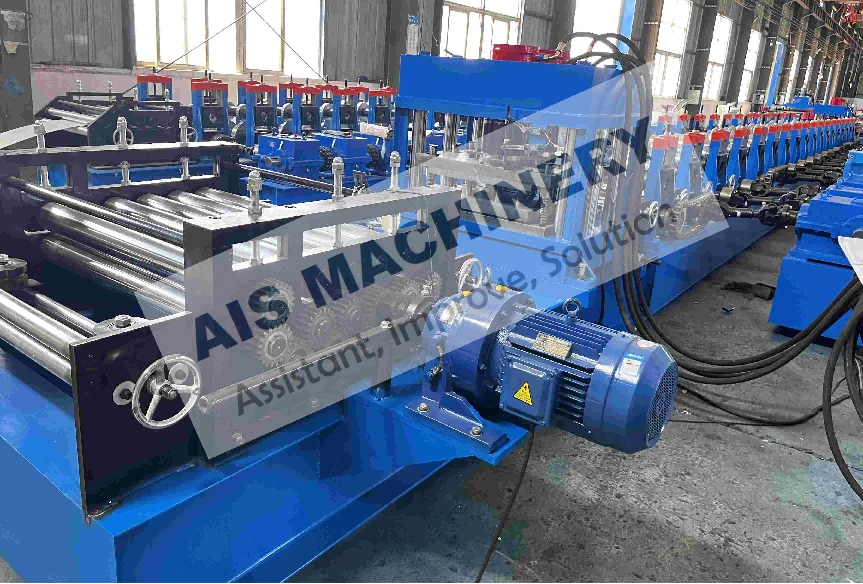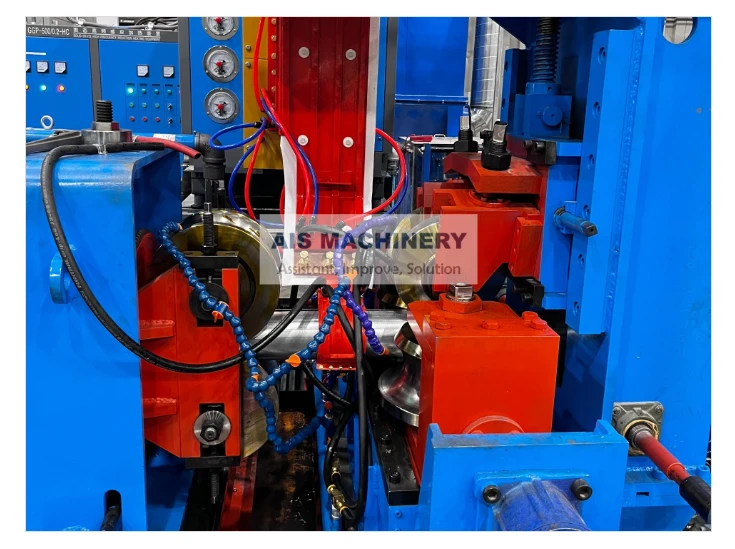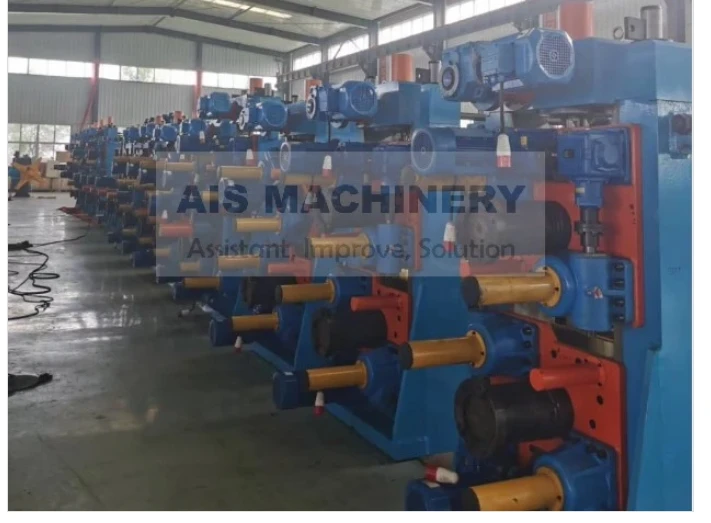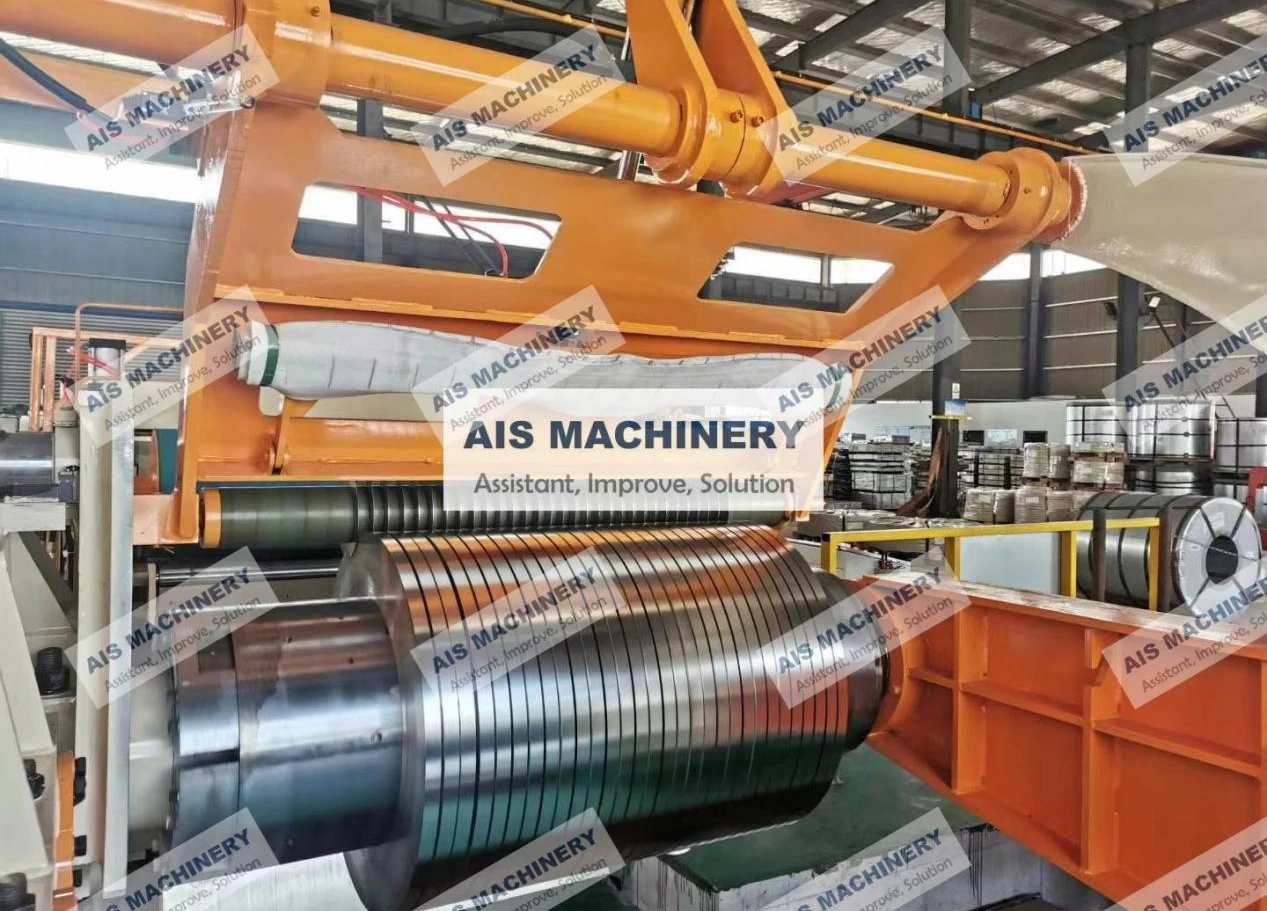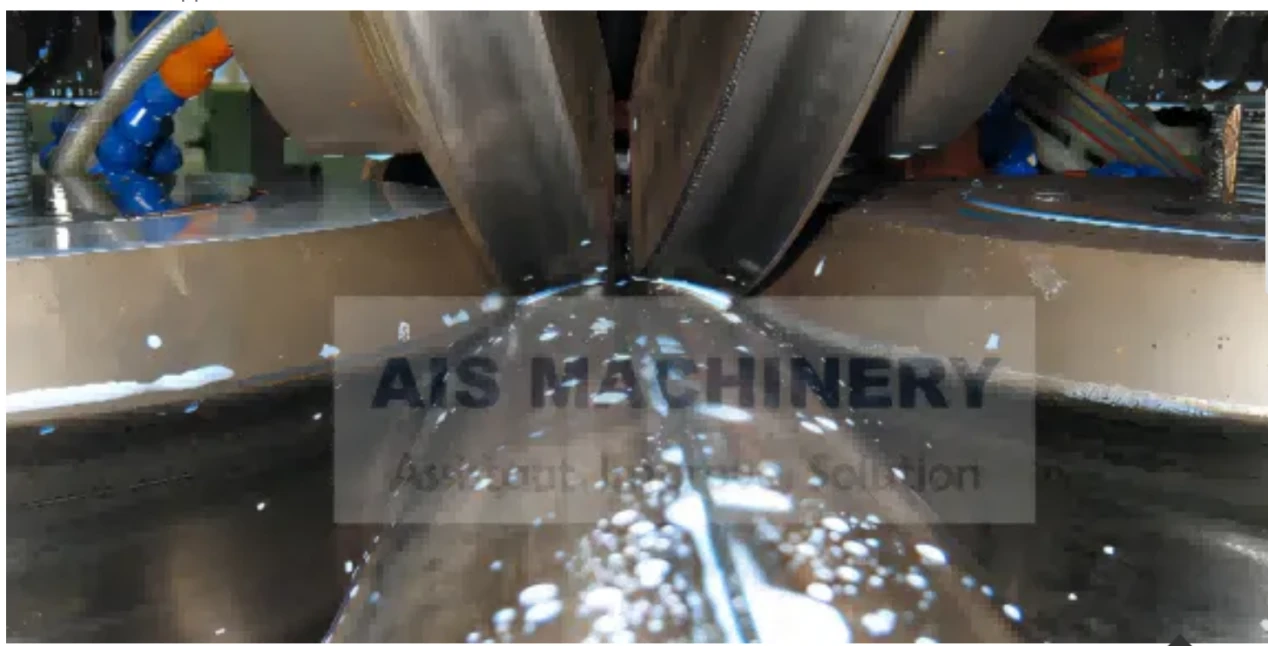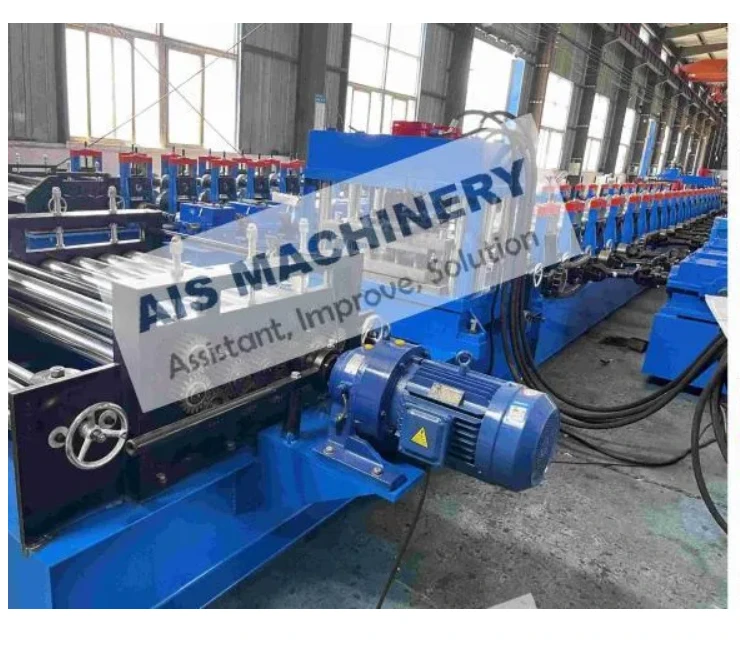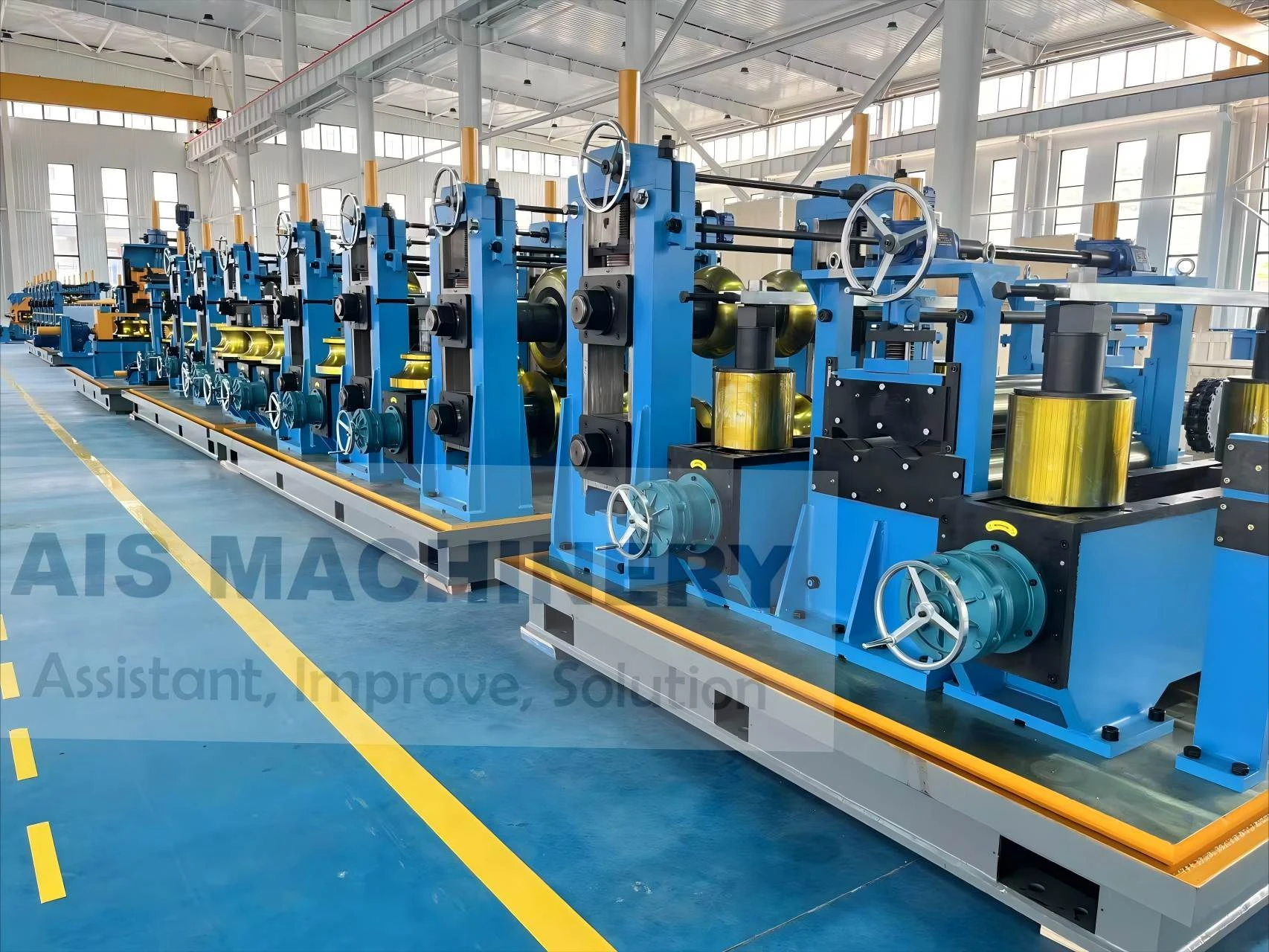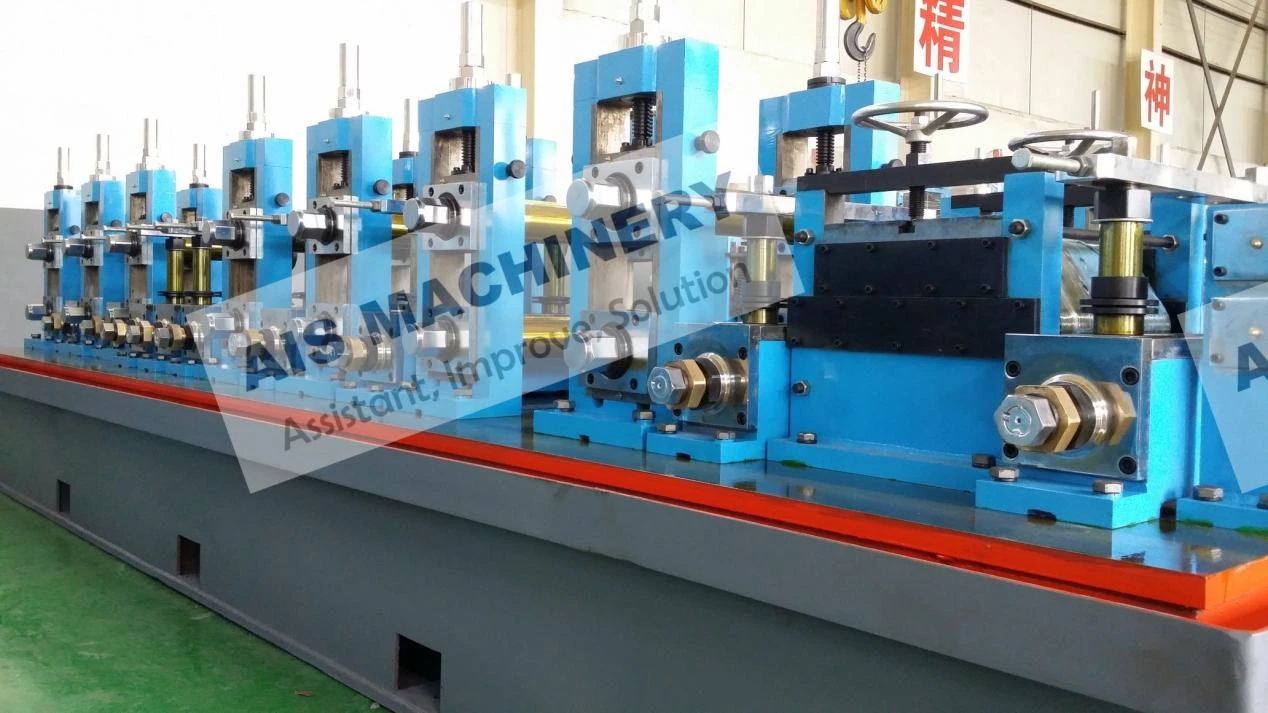-
 Tel:86-15176910262
Tel:86-15176910262
-

Search
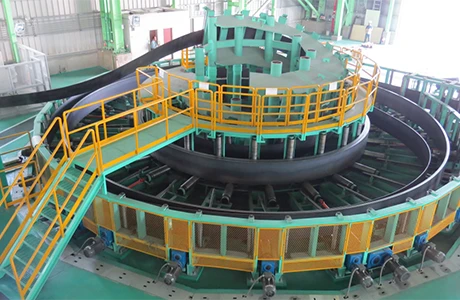
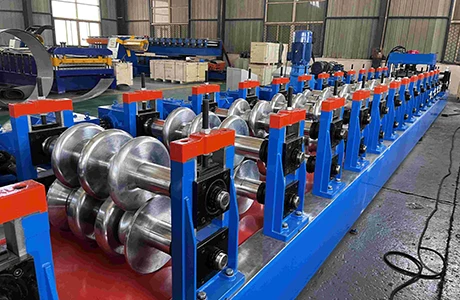
Affordable Carbon Steel Tube Mill Machines Competitive Pricing
6월 . 03, 2025 09:06
- Factors influencing carbon steel tube mill machine pricing
- Technical advancements enhancing ERW carbon steel tube mills
- Comparative analysis of top manufacturers and pricing models
- Tailored solutions for varying industrial requirements
- Case studies across oil & gas, automotive, and construction sectors
- Financial considerations including ROI and lifecycle costs
- Selecting machinery aligned with production volume and quality goals
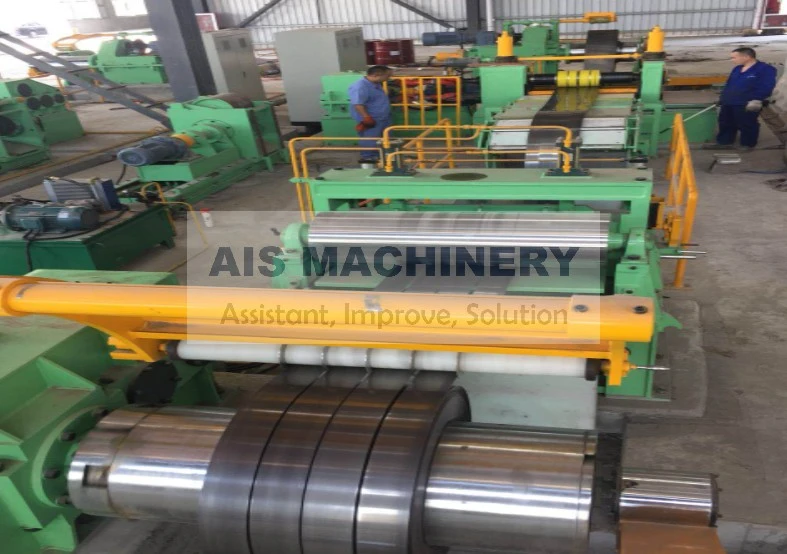
(carbon steel tube mill machine price)
Understanding Carbon Steel Tube Mill Machine Price Factors
Multiple variables impact carbon steel tube mill machine price
structures. Production capacity is the primary determinant, with entry-level models starting around $850,000 for 20-ton/hour output, while heavy-duty mills exceeding 60 tons/hour command $2.5-$3.8 million. Automation levels create 18-25% price differentials, as fully automated PLC systems with HMI interfaces add approximately $420,000 versus semi-automated configurations.
Material specifications introduce significant variances - mills processing high-yield strength alloys (X70/X80 grades) require 30% more powerful forming sections and sophisticated welding systems. Recent industry surveys indicate that post-installation operational expenses constitute 55-60% of lifetime costs, making energy efficiency certifications like ISO 50001 critical evaluation metrics. Duty cycle ratings further segment the market, with 24/7 continuous operation mills featuring reinforced components costing 40% more than intermittent-use counterparts.
Technical Innovations Driving ERW Mill Performance
Contemporary ERW carbon steel tube mill technology incorporates patented solutions addressing traditional production constraints. High-frequency welding systems now achieve 98.2% weld integrity at speeds exceeding 120m/min, utilizing real-time impedance monitoring and automated parameter adjustment. The latest solid-state power supplies reduce energy consumption by 32% compared to conventional units, while generating more consistent thermal profiles.
Geometric precision has improved dramatically through servo-controlled forming stands with positioning accuracy of ±0.003mm. These systems dynamically compensate for material springback and tool wear, maintaining dimensional tolerances within ASTM A513 specifications after 2,000+ operating hours. Integrated non-destructive testing (NDT) modules employing automated ultrasonic testing (AUT) and eddy current inspection provide 100% wall integrity verification without production slowdowns.
Comparative Manufacturer Analysis
| Manufacturer | Production Capacity (tons/hour) | Base Configuration Price | Welding Technology | Automation Level | Energy Efficiency |
|---|---|---|---|---|---|
| YTMA Industrial | 45 | $1.65M | HFW 450kHz | PLC + SCADA | ISO 50001 |
| Northern Heavy Industries | 60 | $2.85M | HFW 800kHz | AI Optimization | Energy Star Elite |
| Continental Machinery | 28 | $1.25M | HFW 350kHz | Basic PLC | ECO+ Certified |
| Eurotech Mill Solutions | 50 | $2.15M | HFW 600kHz | Advanced HMI | ISO 50001 |
YTMA Industrial provides the most competitive entry-level solutions, while Northern Heavy Industries dominates premium segments with AI-driven predictive maintenance capabilities that reduce unplanned downtime by 47%. Continental Machinery targets budget-conscious operations, though with 18% lower throughput efficiency. Eurotech achieves optimal balance with their adaptive control systems that maintain ±0.07mm ovality across varying production speeds.
Tailored Solutions for Diverse Production Requirements
Modular ERW tube mill designs enable cost-effective customization, with standard configurations adaptable through bolt-on enhancements. For automotive applications, quick-change tooling systems allow complete product transition within 35 minutes, reducing changeover costs by $18,000 annually. When processing ASTM A500 Grade C steel, mills incorporate inline normalization units that improve yield strength by 15-18% post-welding.
Compact installations for space-limited facilities utilize vertical accumulation systems, reducing footprint by 40% while maintaining 85% production efficiency. Operations requiring frequent alloy changes benefit from patented quick-release roll cassettes, decreasing retooling duration from 6 hours to under 75 minutes. Advanced configurations implement closed-loop thickness control integrating laser measurement and servo-adjustable stands for achieving consistent 0.5mm-12.7mm wall specifications.
Industry Application Case Studies
Oil & Gas Pipeline Manufacturer: Implementation of dual-head HFW mills increased production of API 5L Grade B pipes to 28 tons/hour, reducing per-meter production costs by $2.15 while maintaining strict ASME B31.4 compliance. Inline AUT systems detected weld flaws as minute as 0.2mm, achieving zero field failures over 18 months.
Automotive Chassis Supplier: After transitioning to servo-electric forming technology, dimensional consistency for rectangular tubing improved to ±0.05mm, eliminating 92% of secondary machining operations. Production waste decreased from 4.2% to 0.8% annually, saving $540,000 in material costs.
Construction Structural Fabricator: Installation of a medium-frequency ERW carbon steel tube mill with automated sizing stations increased ASTM A500 output 48% to 15,000 tons monthly. The mill's quick-change profile system enabled seamless transitions between circular, square, and rectangular sections within 22 minutes.
Financial Decision Framework
A comprehensive cost-benefit analysis must extend beyond initial carbon steel tube mill machine price considerations. Our ROI calculator projects that mills with advanced servo technology typically achieve breakeven within 2.4 years through three primary savings vectors: 26% reduction in electrical consumption via regenerative drives, 39% less tooling wear through adaptive pressure control, and 62% decrease in quality rejection rates.
Preventive maintenance capabilities now predict bearing failures with 89% accuracy 300+ hours pre-failure, reducing unexpected stoppages to under 17 hours annually. Operators report that mills with IEC 61131-compliant control systems require 55% less specialized training, cutting annual workforce costs by approximately $120,000. When evaluating quotations, always verify whether prices include FAT (Factory Acceptance Testing), which typically adds 4-6% but prevents 92% of installation-phase adjustments.
Investing in the Right ERW Carbon Steel Tube Mill
Selecting optimal ERW carbon steel tube mill technology necessitates balancing production requirements against lifecycle costs. Operations with under 12,000 annual tons typically realize maximum ROI with modular mills starting around $1.1 million, while facilities exceeding 45,000 tons should prioritize advanced automation packages at the $2.5M+ range. Technical validation remains paramount - insist on witnessing material qualification trials producing samples matching your exact chemical composition and dimensional tolerances.
Forward-looking manufacturers now offer performance-guarantee contracts covering first-year operational benchmarks. Ensure agreements specify binding metrics for throughput consistency (minimum 97% uptime), dimensional accuracy (holding ASTM tolerances through 3,000 operating hours), and energy efficiency (documented kW/ton measurements). These safeguards transform capital equipment decisions into predictable operational advantages regardless of initial carbon steel tube mill machine price considerations.
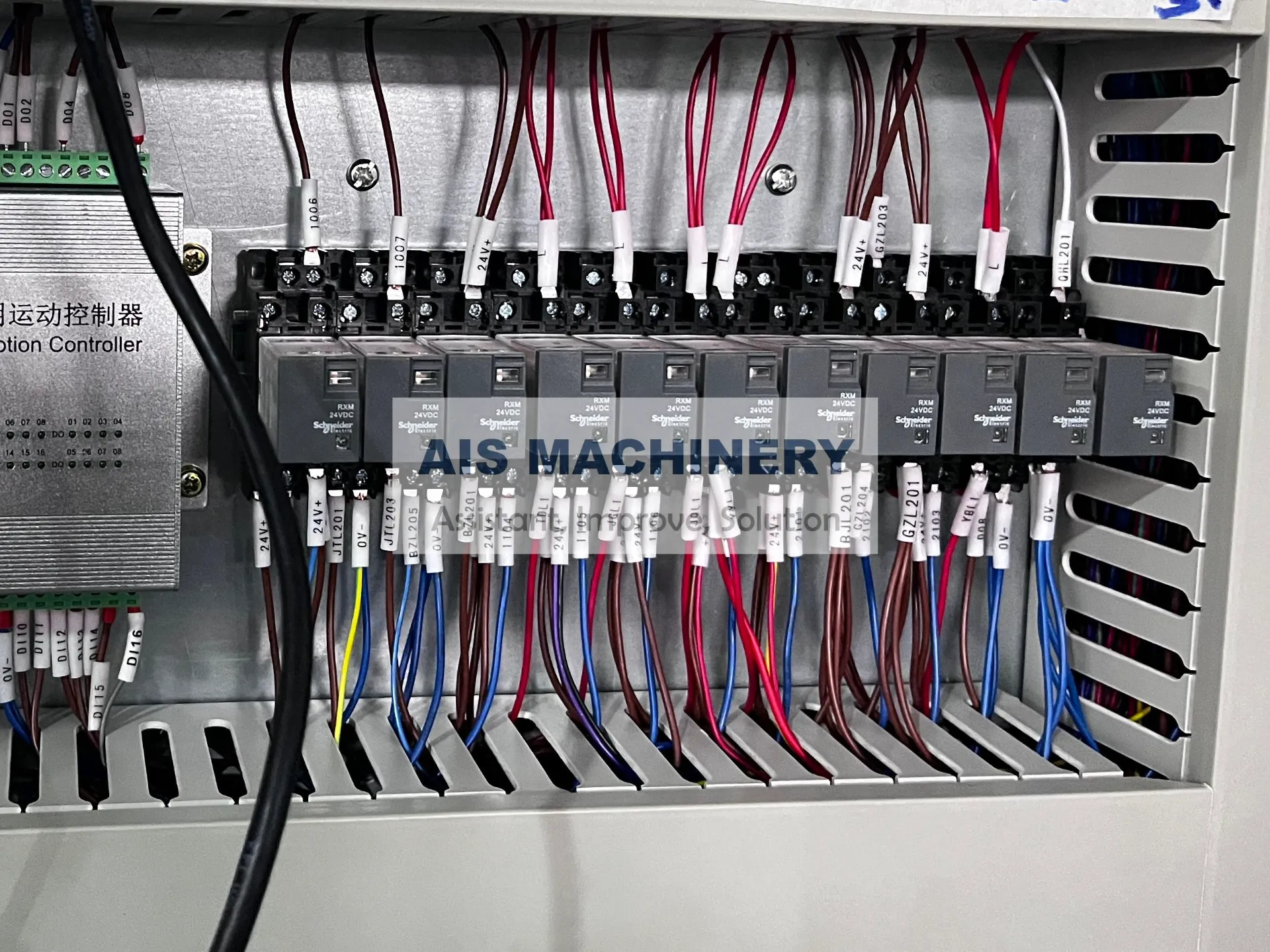
(carbon steel tube mill machine price)
FAQS on carbon steel tube mill machine price
Q: What factors influence the carbon steel tube mill machine price?
A: Price depends on machine capacity, automation level, and brand specifications. Higher output models or advanced features can raise costs, while customizations may add extra fees.
Q: How much does an erw carbon steel tube mill cost on average?
A: ERW carbon steel tube mills typically range from $200,000 to $1 million. Entry-level units start lower, but prices vary with tube diameter capabilities and production speed. Request a quote for exact figures.
Q: Is the ERW Carbon Steel Tube Mill price competitive for industrial use?
A: Yes, ERW mills offer competitive pricing due to efficient, high-volume production. Their cost-effectiveness stems from low operational expenses and durability. Compare brands for market-leading deals.
Q: What is the price range for high-capacity carbon steel tube mill machines?
A: High-capacity models can cost $500,000 to $2 million. This includes features like automatic welding and quality control systems. Factors like energy efficiency and warranty impact final pricing.
Q: Can I reduce costs when purchasing an ERW carbon steel tube mill?
A: Yes, negotiate bulk-order discounts or seasonal promotions. Opt for standard configurations to avoid extra fees. Financing plans and used machines also offer budget-friendly alternatives.
Related Products
Related News
Send a Message
Dear customer, thank you for your attention! We provide high-quality machinery and equipment and look forward to your orders. Please inform us of your needs and we will respond quickly!

